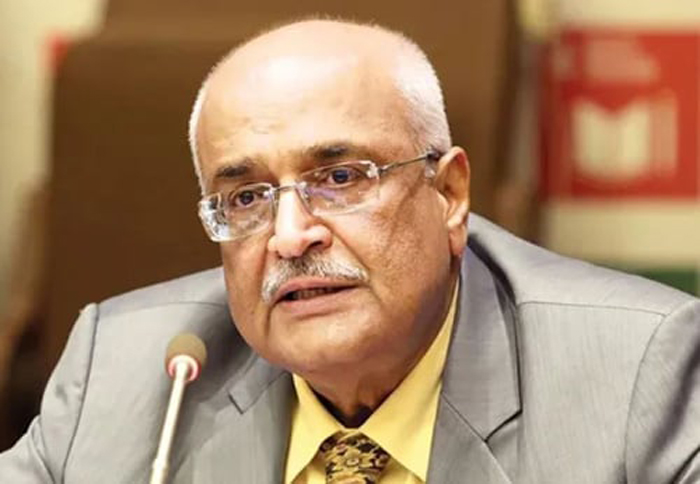
DHAKA, Nov 03, 2024 (BSS) - Debapriya Bhattacharya, head of the white paper preparation committee formed by the interim government, today said political influence heavily affected project approvals under the previous government, as nearly all projects got approvals on political considerations.
“Political influence and a lack of accountability facilitated corruption and misuse of project funds. Weak feasibility studies, along with the involvement of certain unethical officials, politicians, and business figures, compromised the integrity of the development process," he said.
Debapriya came up with the remarks after a meeting with senior government officials at Bangladesh Planning Commission's NEC building in the city. Secretaries of the all ministries and senior officials were present at the meeting.
Debapriya said that today's discussions focused on the constraints surrounding the development narrative during the previous government.
“The entire development process was dominated by administrative control, with several meeting participants expressing that they were adversely affected by this environment, with some reporting instances of harassment,” he added.
He said some bureaucrats were allegedly engaged in these activities due to political ambitions.
Pior to launching a development project, he said, land was often bought and resold at inflated prices, sometimes yielding threefold returns, effectively diverting government funds.
In other cases, projects were approved in locations unsuitable for development simply to exploit land value, he added.
He also noted that the e-tendering process for equipment procurement had been manipulated, and irregularities were common in contractor selection.
"Many projects were declared completed despite remaining unfinished, undermining their potential economic benefits," he added.
During today’s meeting, he said participants mentioned that they felt their professional autonomy had been compromised, as they were frequently subjected to politically motivated transfers and pressures.
“As a result, they were unable to work effectively or cohesively as a team, leading to project irregularities,” he added.
The meeting also reviewed various specific projects, including the Hi-Tech Park, Karnaphuli tunnel, energy sector initiatives, tax collection, social sector reforms, and bank management, he said.
Debapriya emphasised the importance of a professionally developed administration that empowers capable and independent professionals.
He also laid emphasis on removing obstacles that hinder their ability to fulfill their duties.